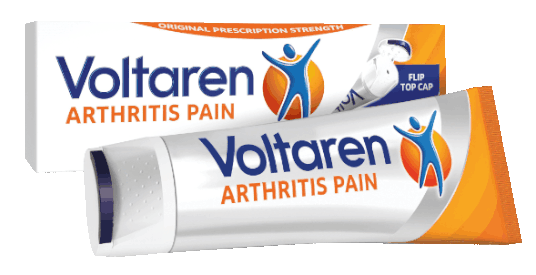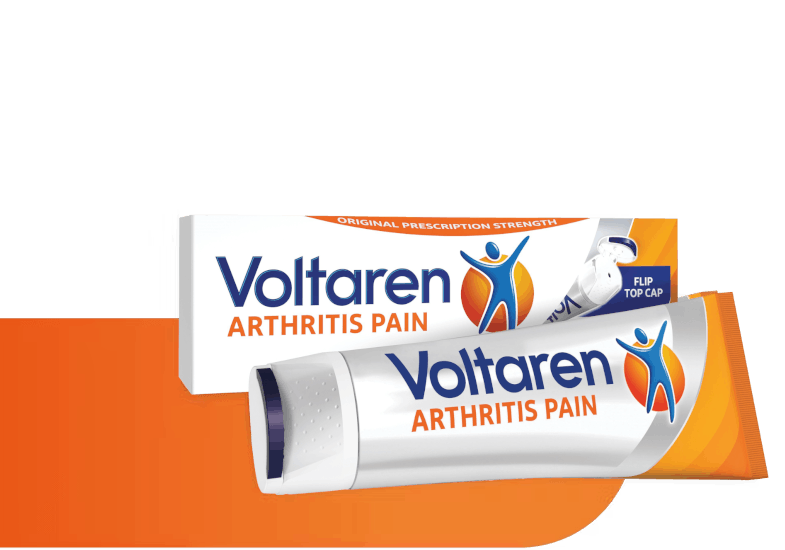What Is Lidocaine and How Does It Work?
/what-is-lidocaine-banner-d-new.png?auto=format)
When it comes to pain relief, many people prefer to manage their pain topically rather than taking pain relief pills orally. Topical treatments containing lidocaine are one option to help manage pain. Before trying a new pain reliever, it’s important to understand how the drug functions, how to use it properly and potential side effects.
Lidocaine: The Basics
Lidocaine is called an external analgesic, which means that it is a pain reliever that is applied to the skin. When it is absorbed through the skin it reduces pain by blocking nerve signals, which results in a numbing sensation.
Over-the-counter lidocaine can come in a variety of forms including gel, cream, spray, and patch.2 Nonprescription topical lidocaine can be used to treat a number of pain-related conditions, including minor pain in the back, arms, hands, wrists, legs, neck and shoulders.1 Over-the-counter lidocaine pain relief formulations typically come in 4% strength.
How to Use Lidocaine
It’s important to follow the product directions or instructions from your healthcare provider. Using too much lidocaine or using a lidocaine product more often than indicated may produce serious side effects.1 Depending on the type of product you are using the directions may vary. For example, OTC lidocaine patches will be used differently than a cream or spray.
Topical pain relievers, such as lidocaine should be applied to clean and dry skin.1 They should not be applied to skin that is irritated or broken, such as a cut or wound. When using topical lidocaine, make sure to keep the lidocaine treatment out of your eyes always wash your hands after applying a topical lidocaine treatment.1
Finally, it is important to avoid tightly bandaging or applying heat, such as a heating pad, to the area that has been treated. 1
Side Effects
Every medication has potential side effects so it is always important to read the product label before using a medication. In general, you should stop use and talk to your doctor if you develop any redness or irritation where you applied lidocaine or if your condition worsens. Additionally, if your symptoms persist for more than 7 days or clear up and occur again within a few days you should stop using the product and talk to your doctor.
What Is the Difference Between Lidocaine and Voltaren?
Lidocaine and Voltaren and both topical pain relievers, but there many differences between the two products.
- Indications: Voltaren gel is indicated for the temporary treatment of arthritis pain. On its own, over the counter lidocaine is not indicated to treat arthritis pain.
- Mechanism of Action: Voltaren contains diclofenac, a non-steroidal anti-inflammatory drug (NSAID) that works to reduce arthritis- pain by stopping the body from producing a substance that causes pain.4
Lidocaine, on the other hand, works to reduce pain by blocking nerve signals, which results in a numbing sensation. - Formulations: Voltaren Gel is composed of a non-greasy formula that combines both a gel and a cream, also known as an emulgel. When applied to the skin this specialized emugel formula helps the active ingredient, diclofenac, penetrate deep through the skin for powerful arthritis pain relief.
Lidocaine comes in many different formulations including gel, cream, spray, and patch.
Can You Combine Lidocaine with Voltaren?
Always read the product labels to determine how the use your medications safely. You should not apply Voltaren gel and topical lidocaine in same area.
Related Articles
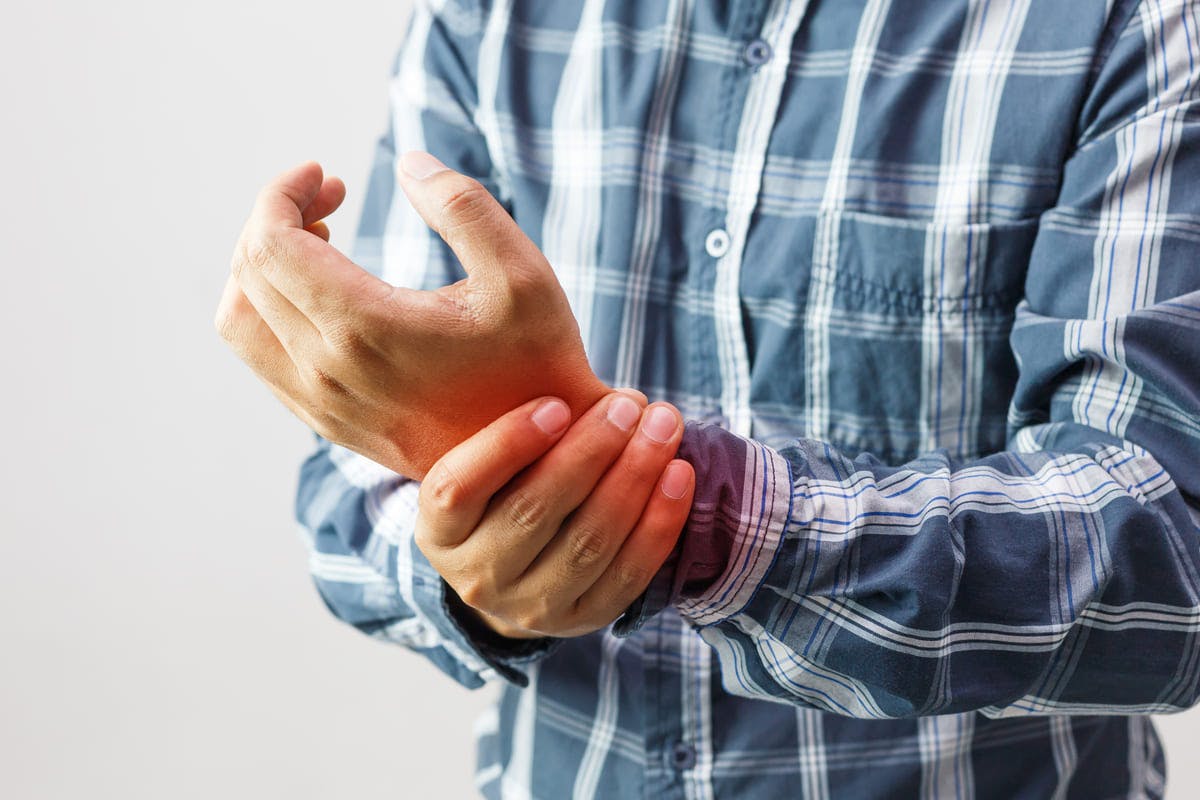
Over the Counter Diclofenac Gel
Have you ever wondered how over-the-counter arthritis creams and gels work? Keep reading to learn how applying topical pain medications can help target joint pain under the skin’s surface.
READ MORE

How OTC Arthritis Creams Work
Have you ever wondered how over-the-counter arthritis creams and gels work? Keep reading to learn how applying topical pain medications can help target joint pain under the skin’s surface.
READ MORE
See How Voltaren Can Help
Save Money on Your Next Purchase.
Feel The Joy Of Movement
No matter the day, the hour, or what you’re doing, embrace the joy of movement with the help of specialized products from Voltaren: powerful gel for arthritis pain † or drug-free, dietary supplements for healthy joints.*
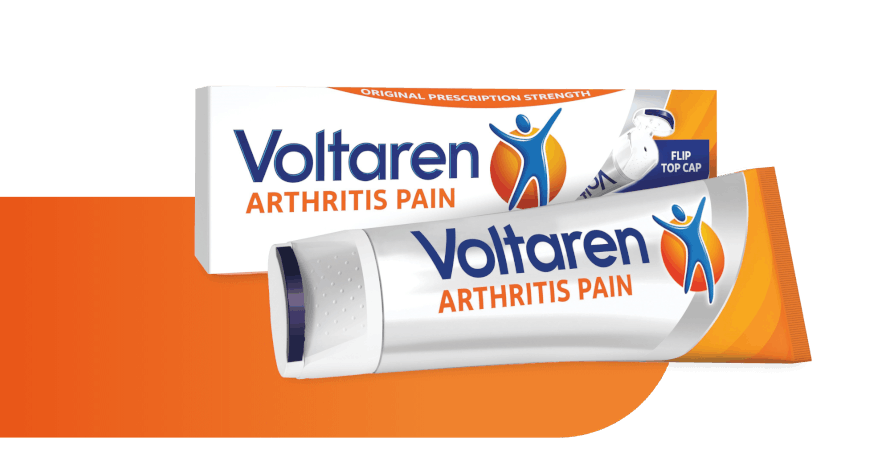
For Arthritis Pain Relief
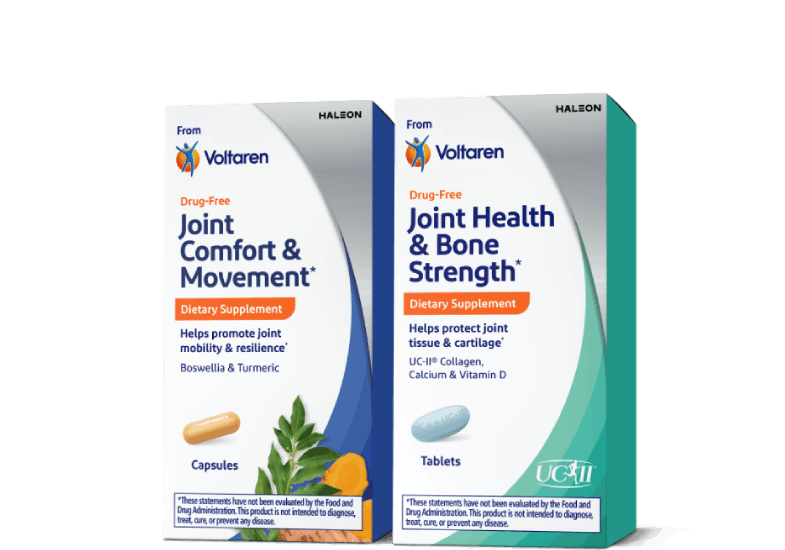
For Healthy Joints*
†Use as directed. Voltaren is approved for treatment of arthritis pain.
Dietary supplements from Voltaren are not intended to treat arthritis pain.
*These statements have not been evaluated by the Food and Drug Administration. These products are not intended to diagnose, treat, cure or prevent any disease.

